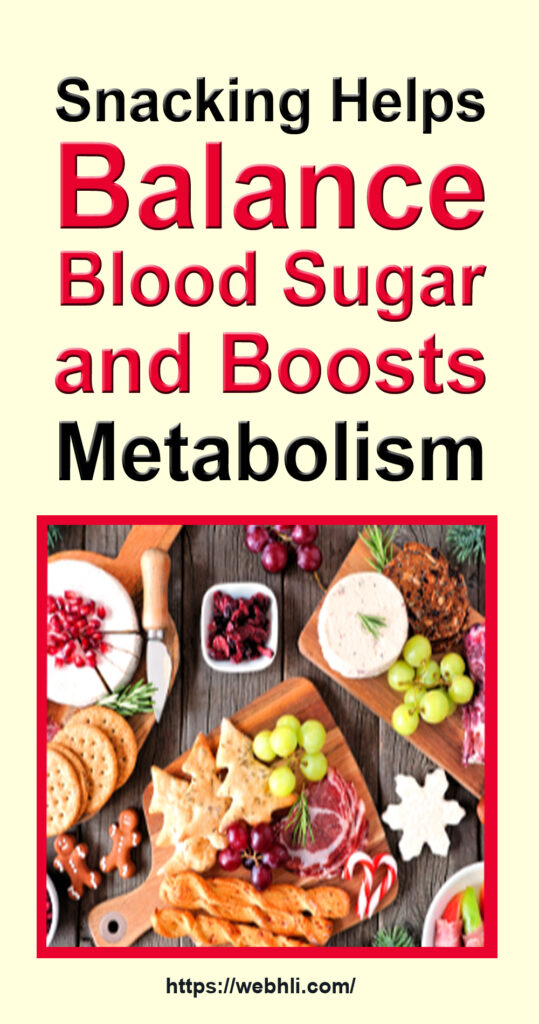I've heard a lot of debate about snacking recently. Although most experts recommend snacking, or eating small frequent meals, some people believe this will lead to weight gain. The truth is that snacking on the wrong foods, so called "snack foods" like chips, candy and nuts is very unhealthy. But, snacking on healthy foods is one of the best things you can do to balance your hormones and lose weight.
Our ancient hunter-gatherer ancestors lived from moment to moment, often off whatever nuts and berries they came across in their daily search for food. A big meal was a treat! It's only in modern times, when even our agriculture workers are governed by the time clock that we've focused on eating three big meals a day - giving us the morning and afternoon to work. In prehistoric times, the feast famine cycle was a way of life. Our body has evolved to make you super-hungry when you haven't eaten, so that you don't starve to death. In the developed world, people don't die of starvation, but your body's delicate hormone systems don't know that. Your body wants to resist weight loss-snacking is the best way to trick your body into realizing that it is not starving. Snacking tells your body there is enough food around, so hunger goes down and metabolism goes up.
Snacking is a great way to balance your blood sugar because you don't overwhelm your body with a lot of sugar all at one time. Eating a huge portion of a so-called "healthy" food, such as beans or lentils, can prompt an insulin surge as easily as a Twinkie. So, if you eat frequently throughout the day, you will provide a constant source of calories and energy to your body. Once your body becomes accustomed to receiving a constant supply of food, metabolism will increase. On the other hand, if you eat less often, the body freaks out. It thinks it's starving and slows metabolism, putting the body into survival mode.
What happens then? You feel sleepy after a meal, and the food is turned into fat instead of burned as energy. The body is conserving energy because even though it just got a huge meal; it is still in starvation mode and doesn't know when the next meal is coming. When you provide a continuous source of calories to the body in the form of small frequent meals, the body relaxes: it goes out of starvation mode and starts using the calories instead of storing them. The result is less hunger, more energy and weight loss.
Snacking is a proven treatment for low blood sugar or hypoglycemia. Patients with hypoglycemia are instructed to avoid sugar and processed carbohydrates and to eat small meals throughout the day. Doing so prevents the insulin surge that comes with larger meals or high-glycemic foods, which in turn stops blood sugar from dropping in response to an insulin surge. Snacking supplies the body with nutrients in a gradual fashion; in the way it handles them best. The bottom line is that snacking is good.
Dr. Scott Isaacs is on faculty at Emory University School of Medicine and is considered one of the leading weight loss experts in the country. He is a board-certified endocrinologist and medical director for an award-winning weight loss program in Atlanta, Georgia. He has published research in medical journals and books on hormones and weight. Dr. Isaacs appears on national and local television and radio and is frequently quoted by major magazines, newspapers and websites.
Article Source: http://EzineArticles.com/6030365


 Protected by Patchstack
Protected by Patchstack